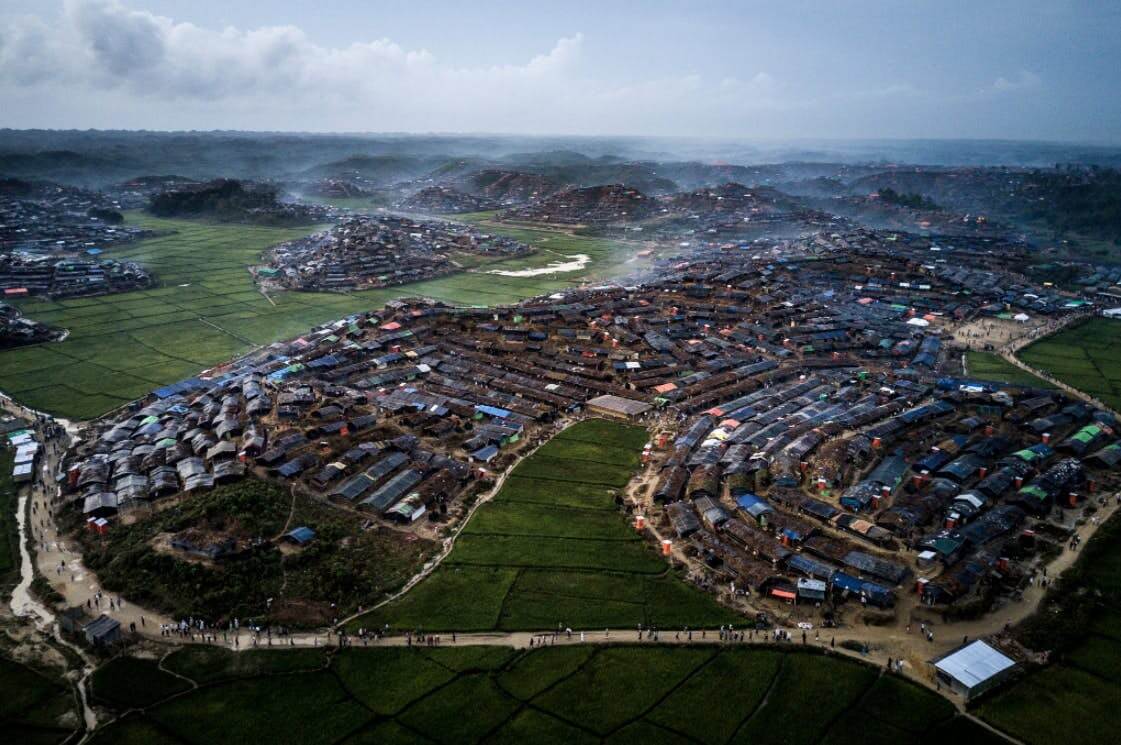(The New York Times) — A skinny finger of water separates Bangladesh from Myanmar, and the other night a group of men sat on the Bangladeshi side, peering into the darkness, wondering what was left for them.
For these men, ethnic Rohingya Muslim refugees from Myanmar, there is certainly nothing back across the water. Home doesn’t exist anymore. Myanmar’s army wiped out their villages in August, turning their houses, their mosques, their corrals, their grain stores, their fields, even their trees into dunes of ash.
The muddy camps just inside Bangladesh, where more than 600,000 Rohingya have since fled, provide no solution, either.
Officials from Bangladesh, a very crowded country, insist that Myanmar must take the Rohingya back. But Myanmar’s Buddhist majority drove them out in the first place, creating a climate of hate that vilified the Rohingya as subhuman. Many people in Myanmar insist the Rohingya are illegal immigrants from Bangladesh, even though Rohingya have lived in Myanmar for hundreds of years.
Few ethnic groups on earth have been locked into such hopeless logic, marooned on an international border, unwanted by either side, weary, traumatized, desperately stateless, their very origins in dispute.
Read the full article here .
